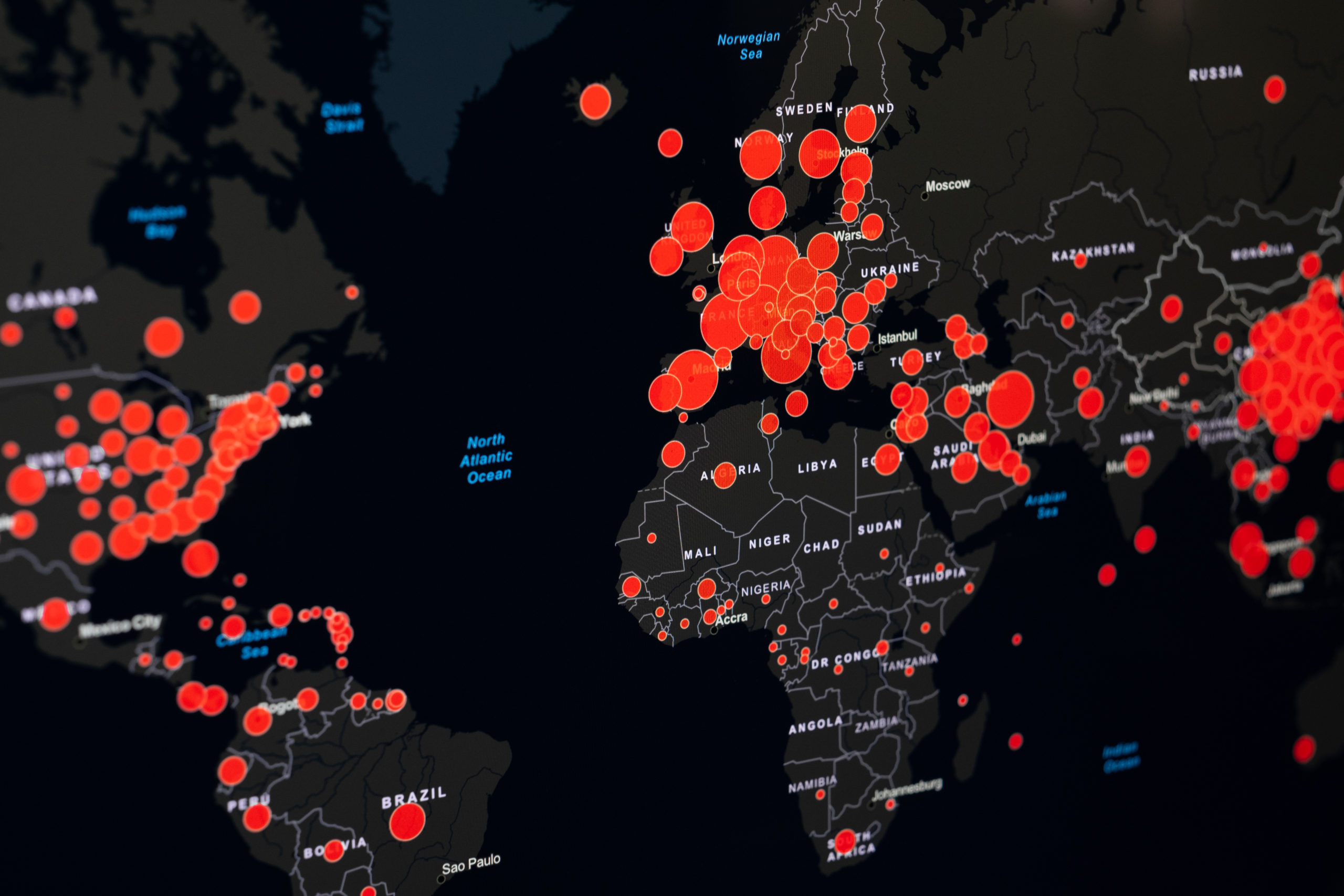Responding to system failures with determination
Failure to heed lessons learned from prior crises is a symptom of a deeper problem, but multilateral collaboration on interconnected issues can be transformative
As the world continues to be challenged by COVID-19, the number of proposals on how to ‘fix’ the system of pandemic preparedness and response has increased. The members of the World Health Organization – then under pressure from the Trump administration – set up two important review committees. One was tasked with – yet again – reviewing the International Health Regulations and an independent panel was asked to assess the performance of the WHO and the larger global health system, including the member states. Other organisations and bodies as well as non-governmental organisations have also been concerned with ‘what went wrong’ and have commissioned reviews or provided proposals for change. And, of course, there is no lack of media investigation and commentary as well as academic and think tank analysis.
Many of the proposals have also been put forward by previous committees and reviews. Indeed, one commentator suggested taking the reports issued after the Ebola crisis in 2014–15 and inserting COVID-19 instead of Ebola. That feeling was shared by the 2015 Report of the Ebola Interim Assessment Panel, which stated: “Had the recommendations for revision made in 2011 by the Review Committee in relation to Pandemic (H1N1) 2009 been implemented, the global community would have been in a far better position to face the Ebola crisis.” The report adds: “The world simply cannot afford another period of inaction until the next health crisis.” The context has changed, but the frustration about action not taken remains high.
The Global Preparedness Monitoring Board was one of the mechanisms that was established following the Ebola crisis. Its warnings too went unheeded – three months after its first report, COVID-19 struck. The GPMB’s call for more political commitment, support of the WHO, better financing and better compliance via an international framework has been taken up by the recent review committees in different ways, calling for high-level political commitments and councils at the United Nations, a pandemic framework treaty negotiated at the WHO, new financing mechanisms for global public goods discussed at the G20 and a stronger WHO.
A BOLDER RESPONSE
Looking back at these experiences and the cycle of panic and neglect, we must begin to see the devastating impact of the pandemic not only as a feature of the lack of compliance with existing instruments but as a deeper system failure that requires a bolder response, reaching out beyond health. Review committees frequently recommend creating new institutions and mechanisms, thus contributing to the already considerable fragmentation of global health. What we require are political leaders with a vision and a willingness to address the system failures in an interconnected but deeply divided global risk society.
Five such system failures should be addressed:
-
- the lack of foresight and undervaluing preparedness at national, regional and global levels;
- the closing of the mind that leads to weak multilateralism and strong nationalism in times of crisis;
- the charity model of global health that has fragmented global health, is not fit for crisis, and reinforces the unwillingness to share and pay for global public goods, in particular the WHO;
- the lack of recognition of the multi-sectoral nature of pandemic origins and response, neglect of One Health and planetary health;
- and the geopolitical decoupling and provision of support – such as vaccines – not based on need but foreign policy priorities.
No matter what the geopolitical intentions and positions of countries and big powers – we require reliable multilateral collaboration on tackling three issues: climate change, pandemics and global health, and deep inequalities. This must be the approach that underlies all reform efforts. Only then will they be transformative. We require the realisation that these global priorities are deeply interconnected and destroy lives and livelihoods if not addressed in new ways. The Sustainable Development Goals were the first call to change thinking – but they were not able to create a sense of urgency, and 2030 seemed a long way off. It is a tragedy if we need a health crisis on the scale of the present pandemic to get action taken by the United Nations, the G7 and the G20. But it would be an even greater tragedy if the pandemic does not lead to charting a bold way forward.












